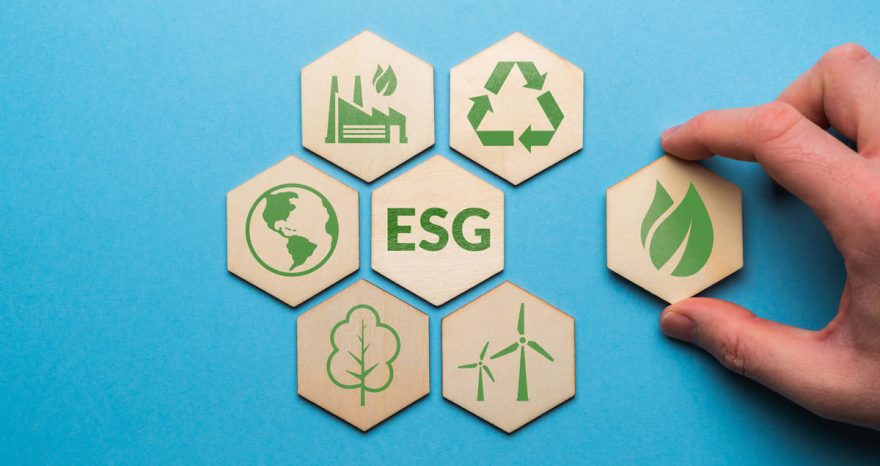Corporate ESG commitments grow: only 16% scale back. Small firms and Scope 3 emissions now play a key role in climate transition strategies

Amid regulatory uncertainty and political shifts, corporate sustainability goals remain surprisingly resilient. A growing number of businesses are not just holding the line but raising their climate ambitions. According to PwC’s second annual State of Climate Transition report, only 16% of global companies have reduced their ESG goals, while 37% have strengthened them—signaling a widespread commitment to decarbonization.
The report analyzed more than 4,100 companies worldwide, challenging the narrative that environmental, social, and governance (ESG) strategies are weakening. Even as Europe rolls out deregulation under the Omnibus package and the U.S. faces an uncertain political climate, corporate ESG commitments are not retreating. They’re evolving.
Only 16% of companies scale back ESG goals
The data shows a clear trend: ESG backpedaling is limited. Just 1 in 6 companies has lowered its sustainability targets or diluted climate plans. The remaining 84% are either maintaining or enhancing their ESG efforts. Notably, 37% of businesses are pushing their goals further, reflecting growing recognition of climate-related risks and opportunities.
Contrary to assumptions, smaller businesses are increasingly taking the lead. In 2020, the average revenue of companies with active ESG transition plans was $3.6 billion. By 2024, that figure had dropped to $1.3 billion—evidence that mid-sized and even small firms are setting climate targets and embracing the transition.
Scope 3 emissions: a rising priority
It’s often assumed that indirect Scope 3 emissions—those generated throughout a company’s supply chain—are being neglected. But the numbers tell a different story. While corporate ESG commitments still prioritize direct emissions (Scope 1) and energy use (Scope 2), Scope 3 disclosures have risen sharply: from 2,000 companies in 2020 to more than 3,600 in 2024.
What’s more, companies increasingly view Scope 3 action not as a burden, but as a source of long-term value. Addressing these emissions opens the door to supply chain optimization, resilience, and enhanced brand trust.
Climate strategies remain stable through leadership changes
Another key insight from the PwC report: ESG strategies are showing continuity even after leadership changes. Most companies anticipate that more than one-third of their revenue by 2030 will be tied to the climate transition.
To prepare, they plan to increase capital expenditures and operating budgets dedicated to climate mitigation and adaptation. Product portfolios are also being redesigned to meet evolving consumer demand for more sustainable goods—an opportunity expected to drive revenue growth between 6% and 25%.
The gap between ambition and results
There’s still a performance gap between climate targets and real-world progress. While companies are making solid gains on Scope 2 goals, only 46% are on track for Scope 1, and just 54% for Scope 3.
Yet even here, the data reveals a key pattern: companies with higher ambition tend to perform better. Those with more conservative targets often approach ESG implementation more cautiously—and fall behind as a result.












